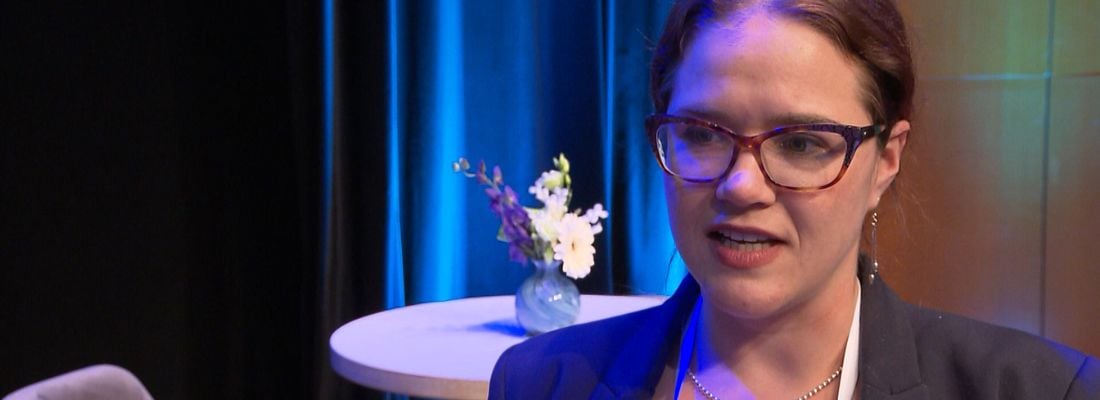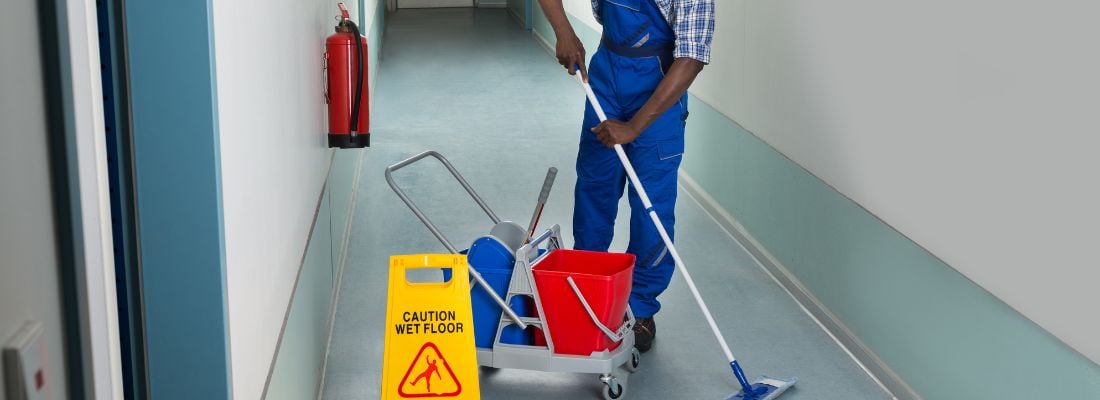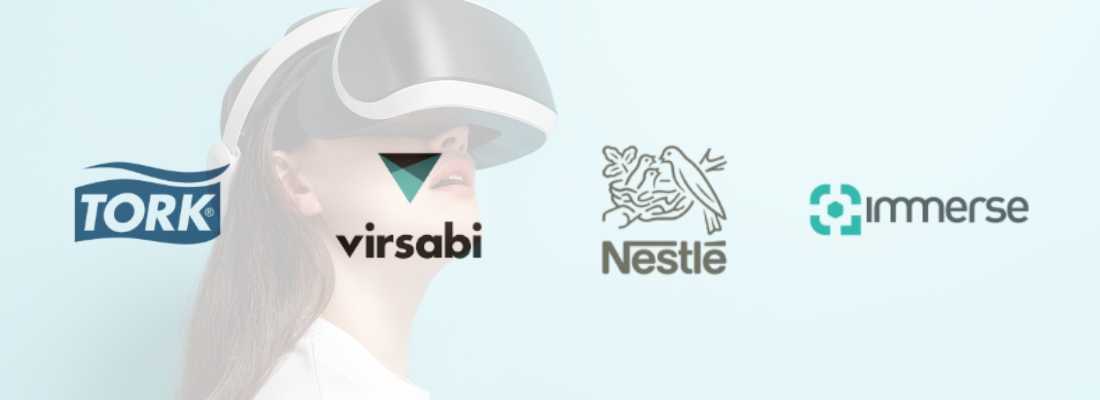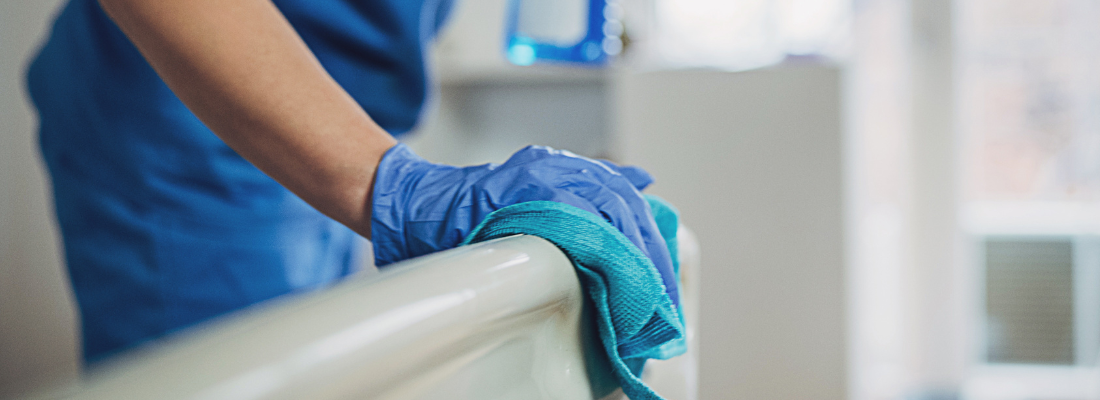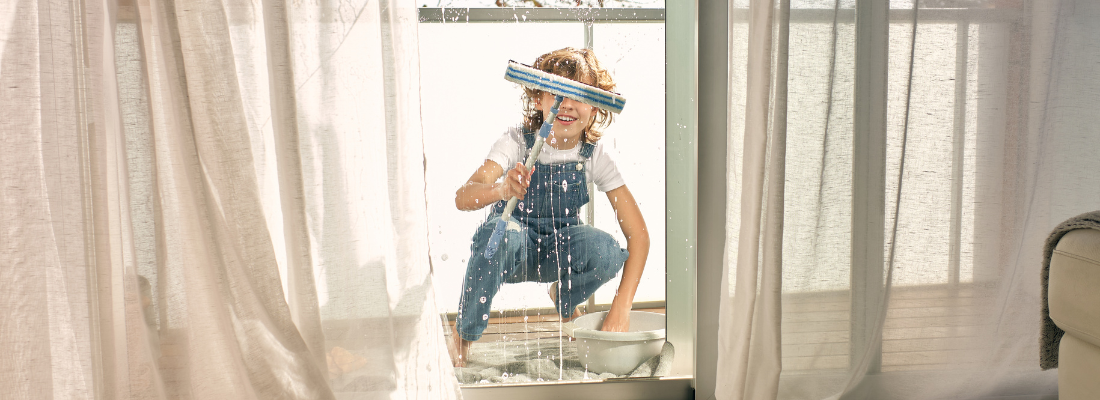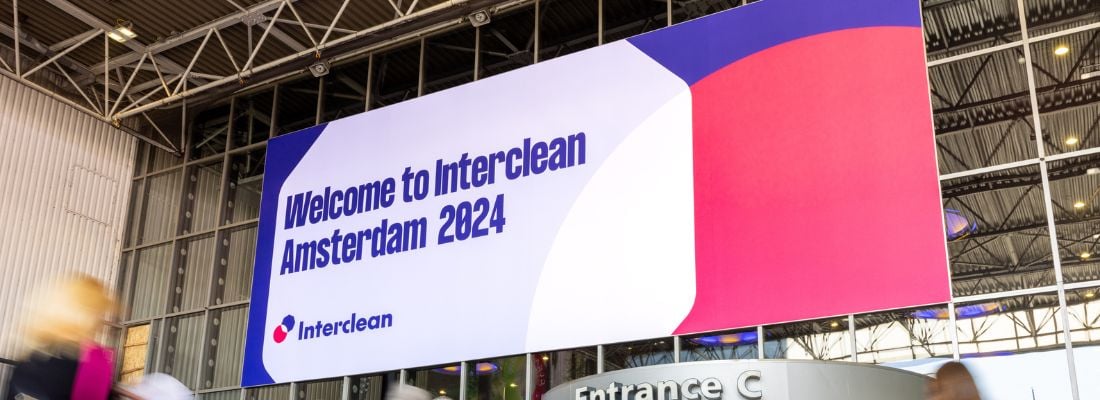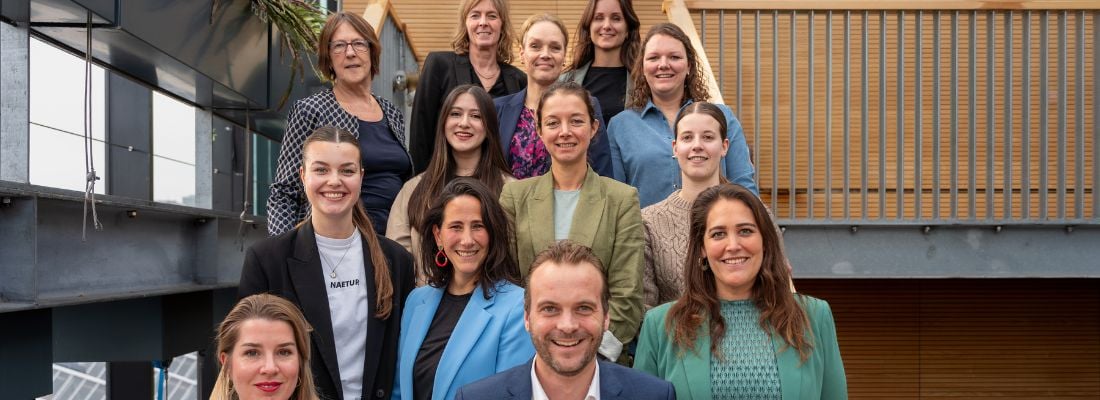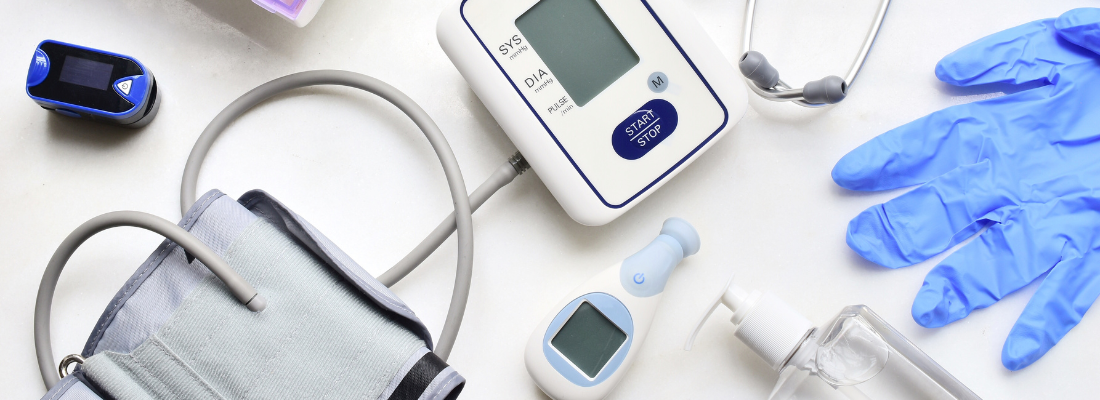A. Peters: “Healthcare cleaning is a career, not just a job”
The field of healthcare environmental hygiene is moving in two directions. They might seem contradicting at first, but actually contribute to the same end goal, sees Alexandra Peters, lead for research and educational program development for Clean Hospitals. “On the one hand we’re paying more attention to the human side of cleaning, while on the other hand we see a lot of technological developments to automate parts of the job.”
“Automation is a very big trend in the field of healthcare environmental hygiene”, Peters observes. “Nowadays, everything is connected. At Interclean Amsterdam I even saw a mop that was connected to the internet, so the cleaner could see whether they cleaned the entire the floor and didn’t miss a spot. In the past we could often only look at the process and sort of guess the result, but now we can measure literally anything. The quantity of connected technology that’s out there is very spectacular.”
Compensate human error
The academic is impressed with how far the cleaning industry has come and discusses the advantages of automation for environmental hygiene. “Every human can make a mistake, it happens. And it’s fabulous to have these automated systems to compensate for human error. It can contribute a lot to patient safety. However, I do think it’s important to think about how we can make sure that these technologies are not invasive or uncomfortable for the cleaners who have to work with them. Because it can be quite stressful when literally everything you touch sends out data and information about what you’re doing and then also getting judged based on that. For example, we could decide to use certain technologies only for testing or learning purposes. The fact that an innovation is available, doesn’t mean we have to use it all the time.”
Importance of environmental hygiene
Peters calls for a healthcare cleaning system that respects the independence and free will of the people doing the job. And with that, we come to the second trend she sees. “There’s more attention for the human component of the work. Institutions are becoming more aware of the fact that healthcare cleaning is a specialization and that it’s a career, not just a job that you take on because you can’t find anything else.” The prestige of the healthcare cleaners is related to the overall awareness of the importance of environmental hygiene. Peters: “At Clean Hospitals, we strongly believe in the importance of environmental hygiene. But traditionally, it has always been a field that’s underappreciated and underfunded. If hospitals need to cut costs, they tend to cut in cleaning because that’s relatively easy. Fortunately, people are starting to realize just how important environmental hygiene actually is. Academic research adds a lot to that realization. It proves that a clean hospital goes way beyond the emotional aspect of feeling safe and that it’s actually vital for patient safety.”
More scientific research is needed
One example of such research is the systematic review that Peters and her Clean Hospital-colleagues recently finished: ‘Impact of environmental hygiene interventions on healthcare-associated infections and patient colonization’. “We concluded that taking care of environmental hygiene can indeed reduce the number of healthcare-associated infections. In other words: cleaning improves patient safety. That is huge. We can use this to convince hospitals and other healthcare institutions to transform their programs and focus more on environmental hygiene.” Another conclusion from their research is that more scientific research on this topic is needed. “We have to find scientifically proven ways to improve environmental hygiene, without going above and beyond budgets”, Peters says.
Bad products out there
The cleaning industry can play an important role in this. “Industry are the troops on the ground, so to say. They know exactly what’s going on and what developments are coming. Take for example producers of cleaning products or disinfectants. They can fund an independent clinical trial to research how effective their product actually is. These types of studies are very important, because for infection prevention it’s important to use certified products. Unfortunately, there’s still a lot of bad products out there, that don’t do what they promise. It’s my hope that they’ll disappear from the market. Combined with more awareness for the importance of environmental hygiene and cleaners, supported by technology to minimize error, patient safety will continue to improve”, Peters concludes.
